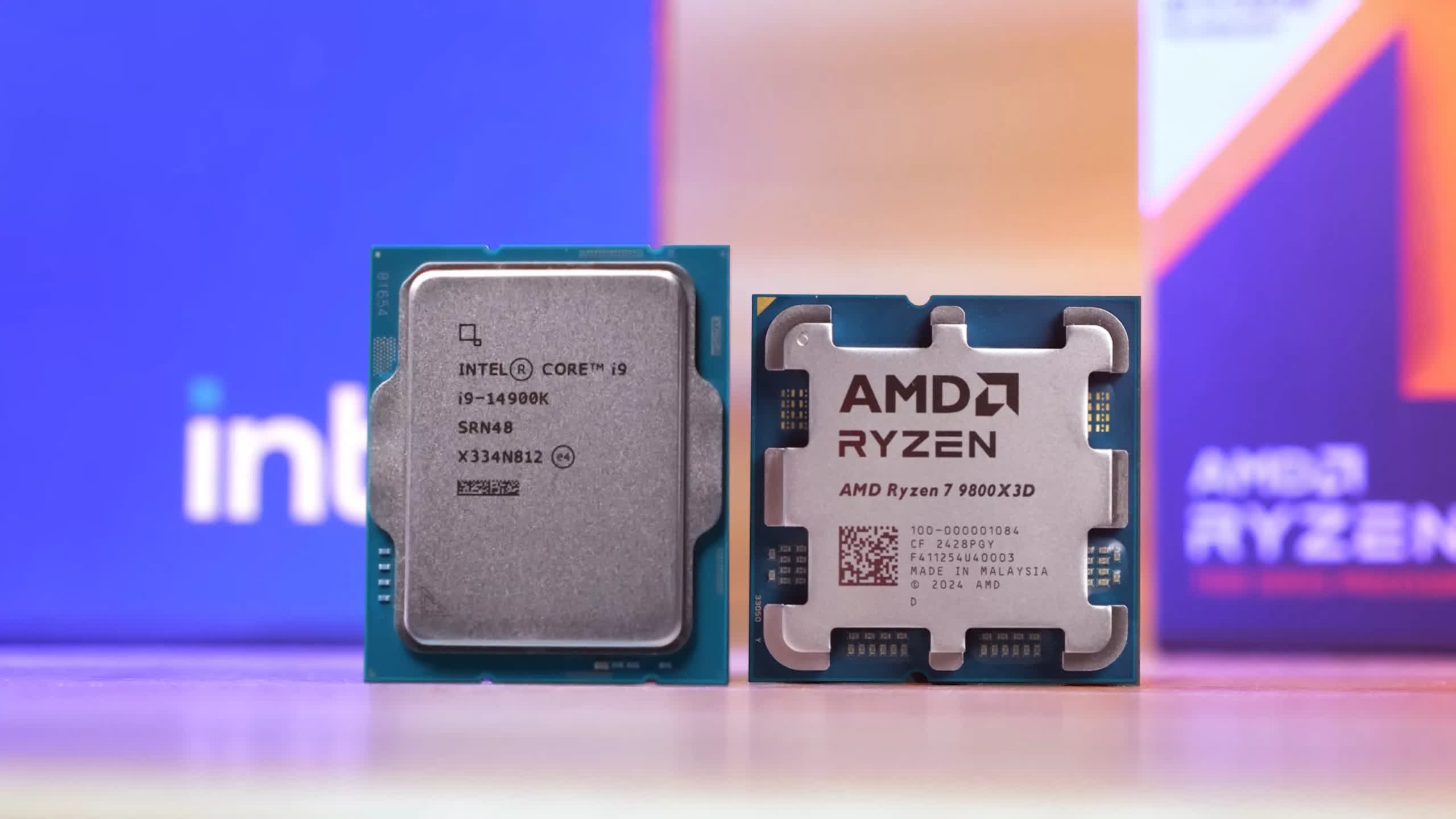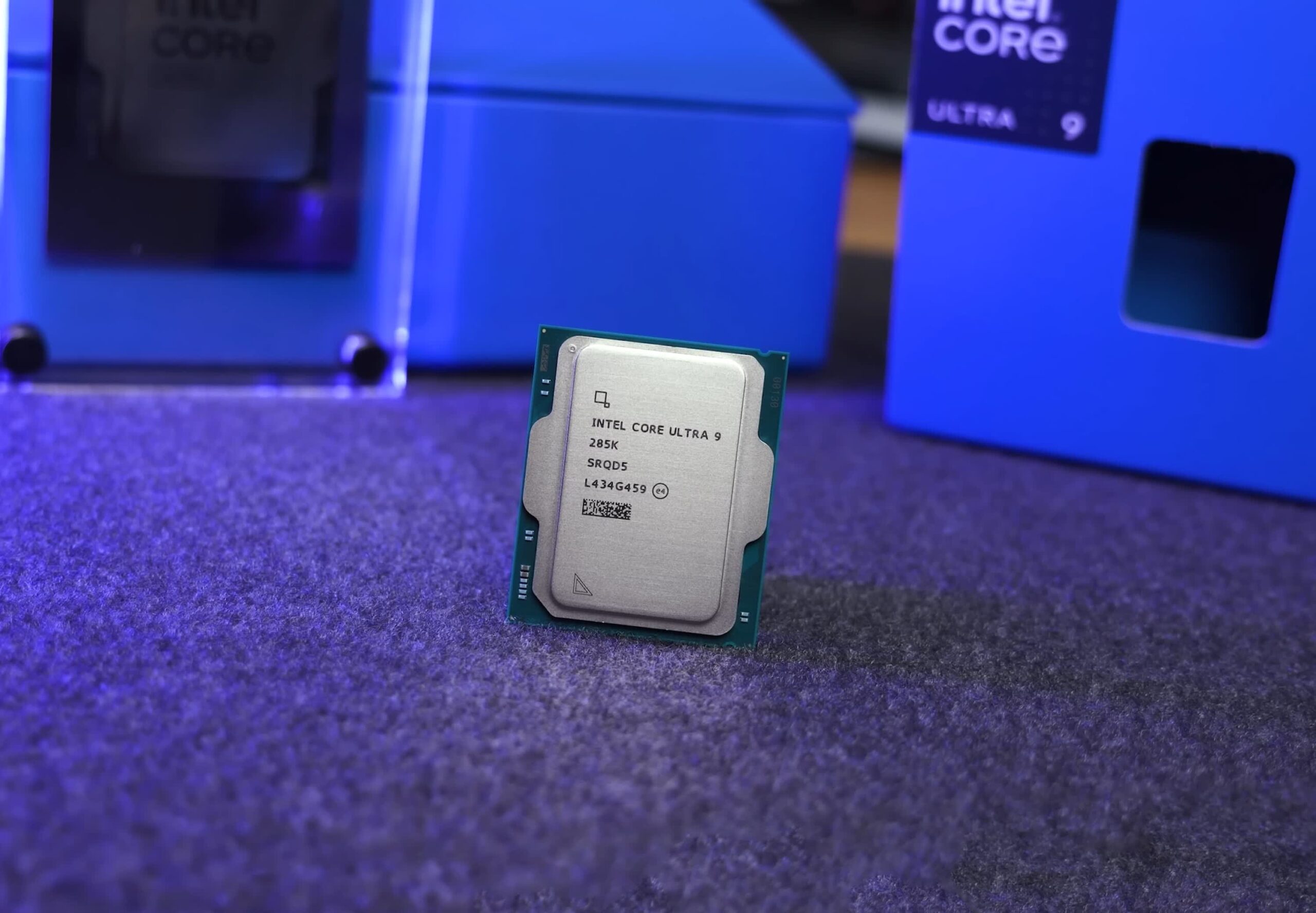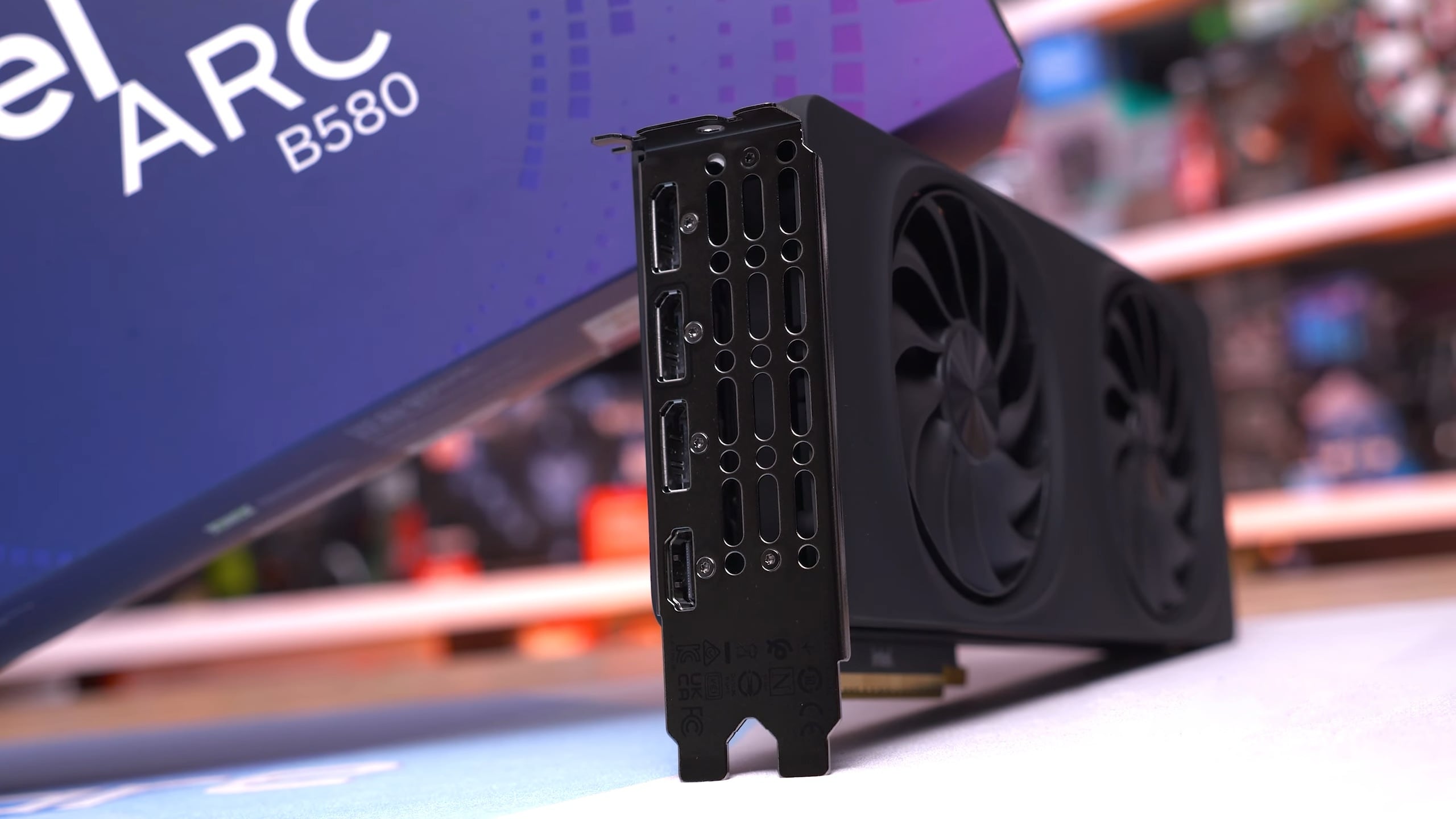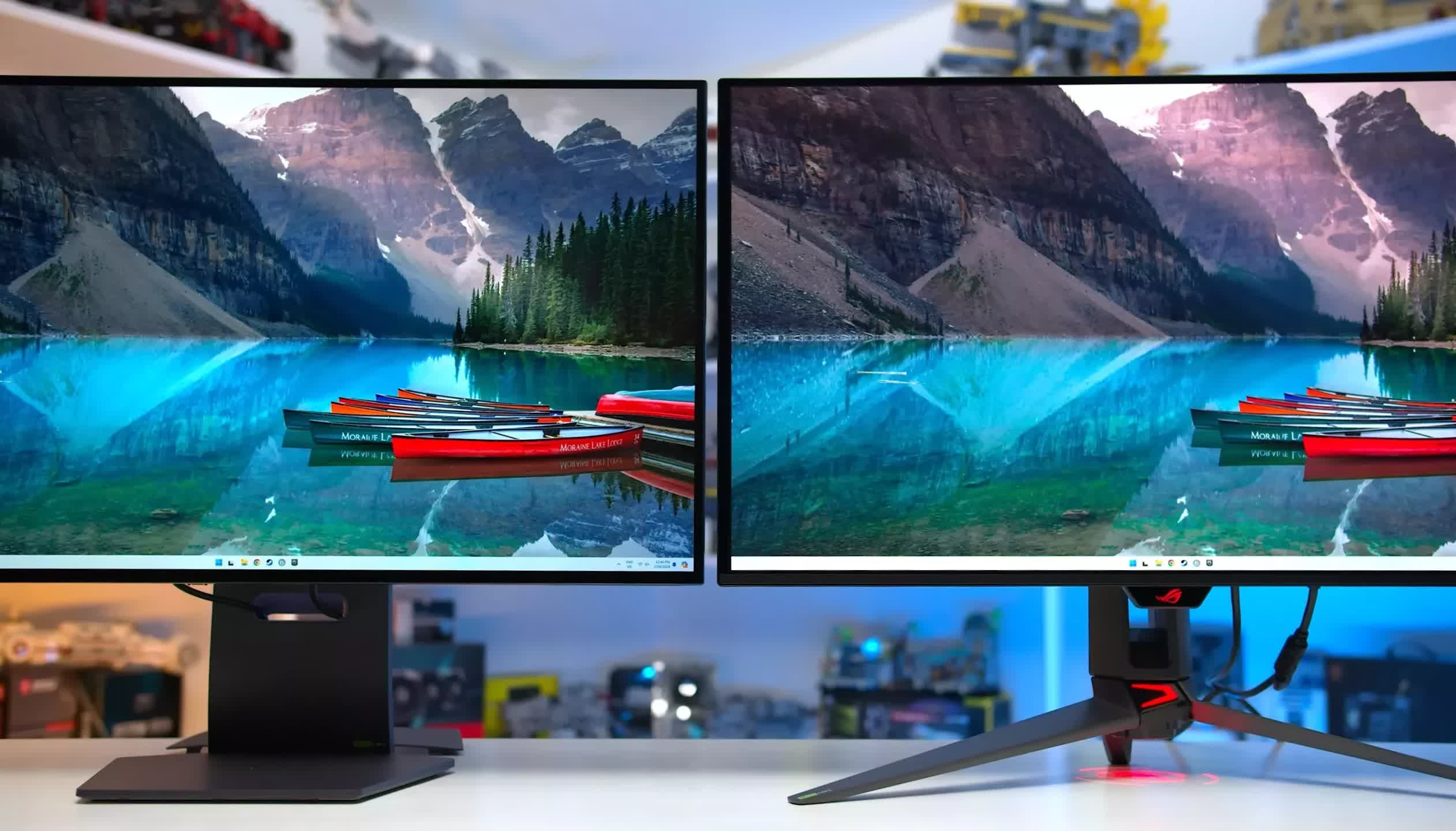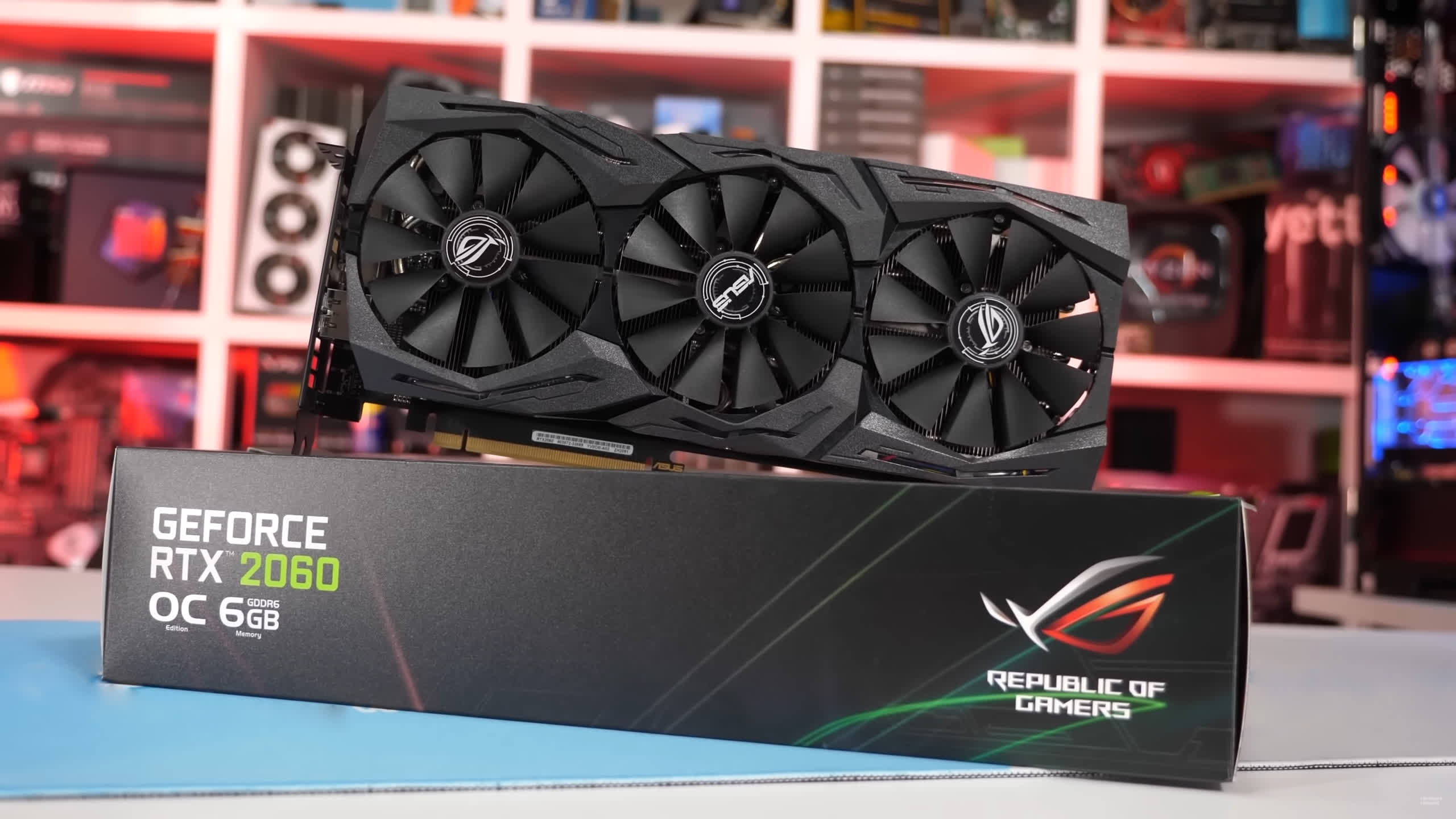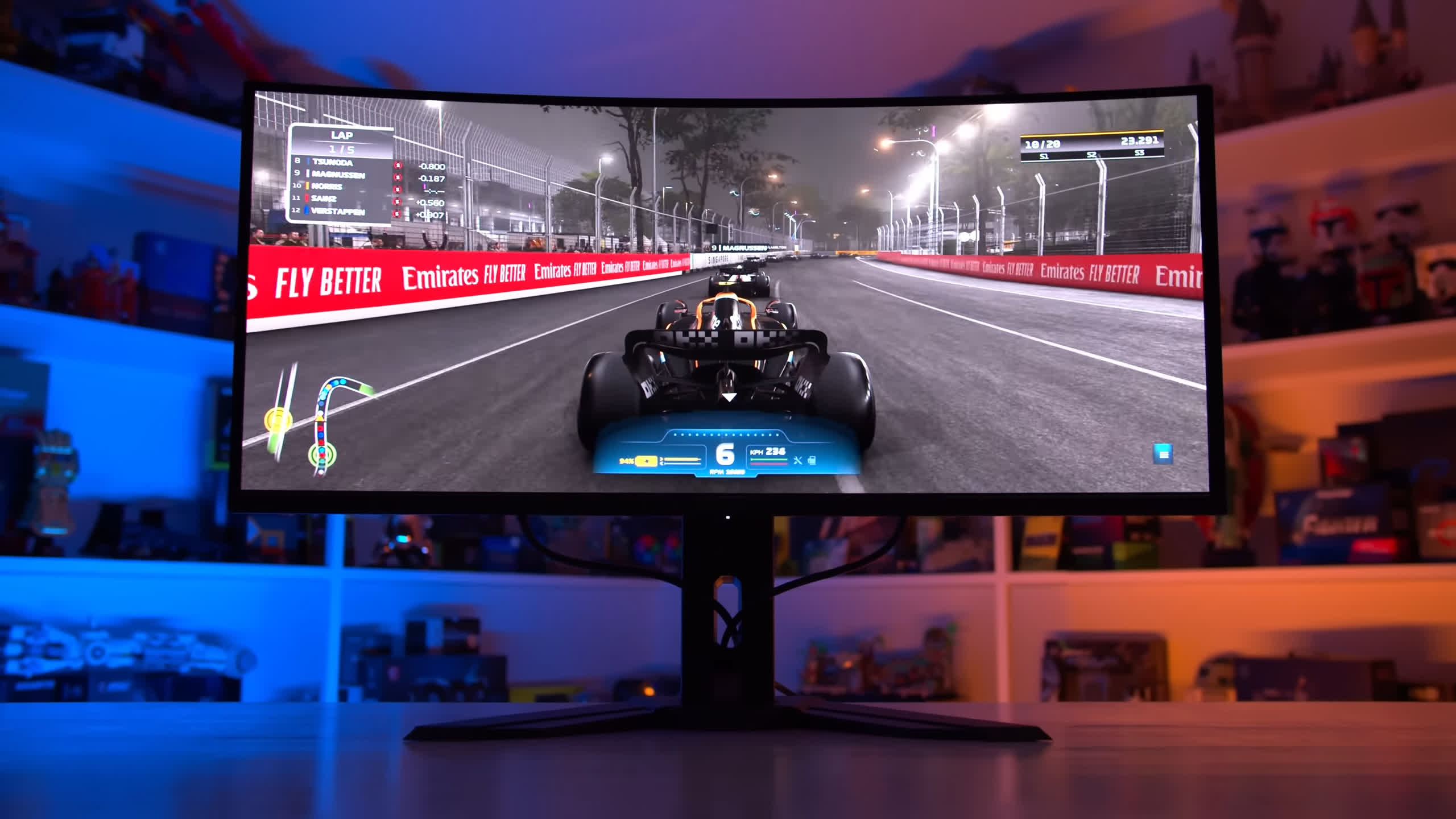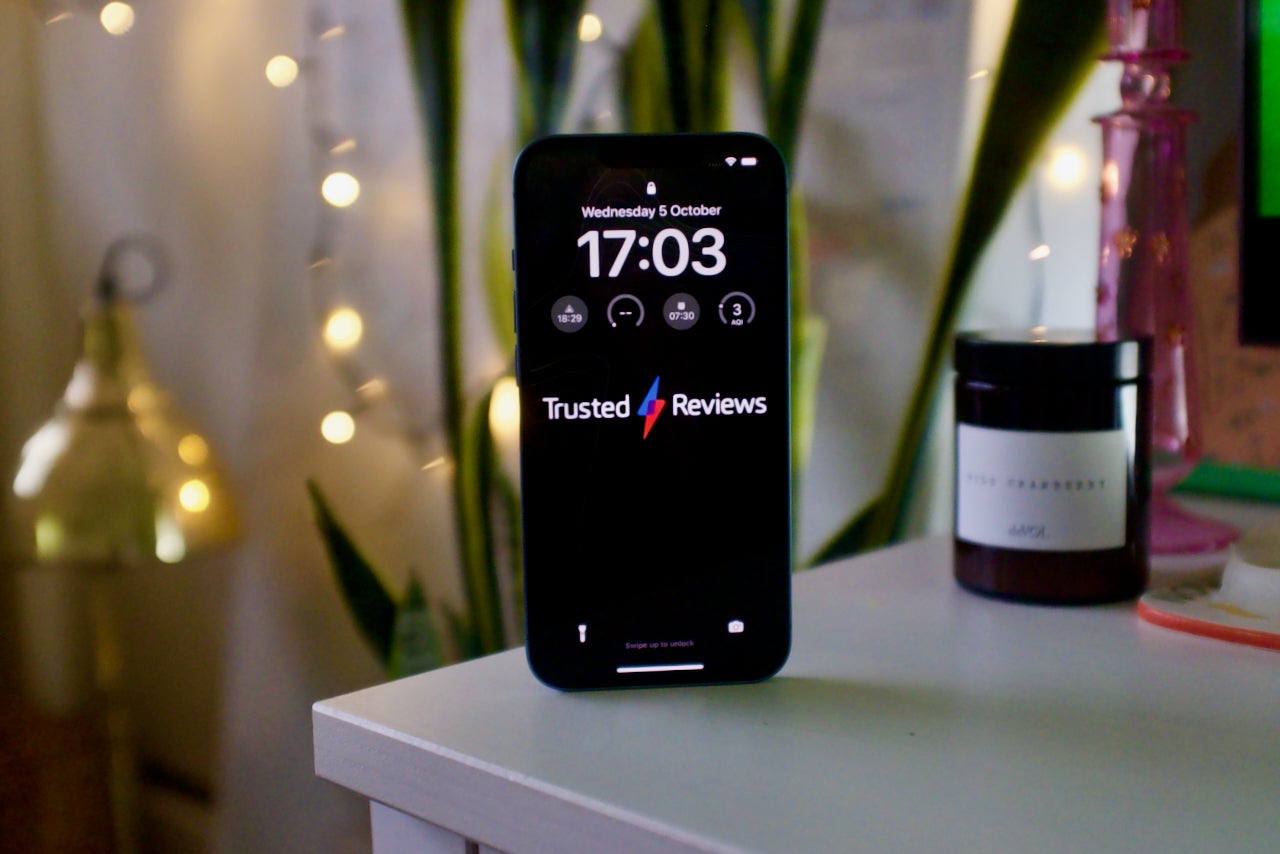The time has finally come – the showdown between AMD’s best and Intel’s best: the Ryzen 7 9800X3D versus the powerful Core i9-14900K. These two high-performance gaming CPUs go head-to-head across 45 games in an extensive comparison.
The 9800X3D claimed the performance crown based on our initial review data, which covered 14 games. Now, it’s time to see how these processors stack up across a massive range of games.
We recently compared the 9800X3D with the Core Ultra 9 285K, and it was a tough matchup for Intel when focusing solely on gaming performance. On average, the 9800X3D delivered 24% greater gaming performance across the 45 games tested, with no significant examples of the Ryzen processor falling behind, apart from results within the margin of error.
However, the Core i9-14900K remains Intel’s most powerful processor for gaming, so it’s expected to perform better, but even then it could turn out to be a rough match up with the 9800X3D.
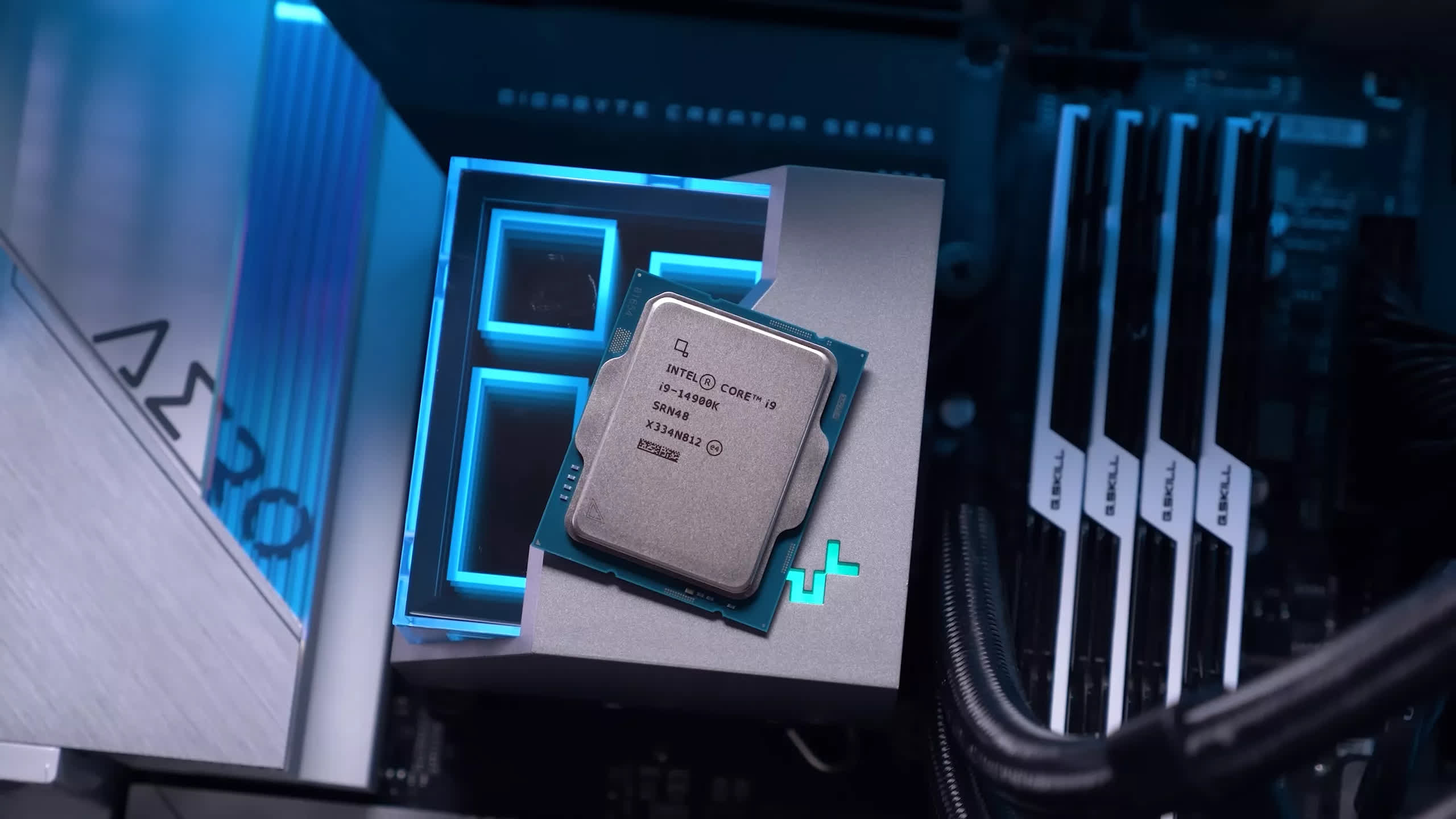
For this testing, all gaming benchmarks are conducted at 1080p using the GeForce RTX 4090. If you’re curious why this approach is the most effective way to evaluate CPU performance for gaming, check out our explainer here. The 14900K has been tested with the extreme profile using DDR5-7200 memory, while the 9800X3D has been tested at stock settings with DDR5-6000 memory.
Benchmarks
The Last of Us, Cyberpunk, Hogwarts Legacy, ACC, Spider-Man
For our first batch of games, we start with The Last of Us Part 1, where the 9800X3D delivers an average performance boost of 24% or 30% faster when comparing 1% lows. While achieving well over 140 fps may not be essential to enjoy The Last of Us Part 1, these results suggest that the 9800X3D will offer a significant advantage in future, more demanding titles.

The trend continues with Cyberpunk 2077. Although the performance provided by the 14900K is already impressive, the 9800X3D outperforms it by an average of 33%, which is a remarkable margin.
High-refresh-rate gamers will especially appreciate the 9800X3D’s performance in Hogwarts Legacy. Here, the Ryzen processor achieves an average frame rate of 170 fps compared to the 14900K’s 124 fps, a 37% advantage. The 1% lows are equally significant, with the 9800X3D hitting 86 fps compared to the competition.
In Assetto Corsa Competizione (ACC), the difference is dramatic, with the 9800X3D rendering 269 fps, an astonishing 61% faster than the 14900K. Similarly, in Spider-Man, the margin narrows to 23%, but the AMD processor still comes out ahead by a noteworthy amount.
Baldur’s Gate 3, Homeworld 3, APTR, Flight Simulator, Starfield
Next, we have Baldur’s Gate 3, where the 9800X3D outperforms the 14900K by 27%, achieving 176 fps on average with 1% lows of 122 fps. In Homeworld 3, the performance gains are striking, with the Ryzen processor delivering a 52% higher average frame rate and an impressive 110% improvement in 1% lows.

In A Plague Tale: Requiem, the 9800X3D delivers a 31% performance advantage, increasing the average frame rate from 149 fps to 195 fps. Similarly, in Microsoft Flight Simulator, there is a 30% improvement in average frame rates, although the 1% lows remain comparable. In Starfield, while the average frame rate increase is more modest at 11%, the 1% lows see a 22% boost, enhancing overall gameplay smoothness.
Horizon Forbidden West, Horizon Zero Dawn, Watch Dogs, Far Cry 6, T&L
Moving to the next set of results, we begin with Horizon Forbidden West, where the 9800X3D is 11% faster. Historically, such a margin would have been considered significant for flagship processors from AMD and Intel. Similarly, in Horizon Zero Dawn, the 9800X3D holds a 16% lead.

Despite being an older title, Watch Dogs Legion shows impressive gains with the 9800X3D, delivering a 29% improvement in average frame rates and a massive 50% boost in 1% lows. The margins narrow in Far Cry 6, where the X3D CPU is 13% faster. Finally, in Throne and Liberty, the 14900K edges out the competition by a slim 2% margin, falling within the margin of error.
This detailed analysis highlights how the 9800X3D consistently outpaces the 14900K across a wide range of games, often delivering significant performance uplifts that are particularly valuable for gamers seeking high frame rates and smooth gameplay.
Hitman 3, Callisto Protocol, SoTR, Halo, Warhammer 3
For our next set of results, we begin with an older game, Hitman 3, which remains CPU-demanding but is less CPU-limited than many modern titles, given that frame rates exceed 200 fps. Interestingly, the 14900K and 9800X3D are closely matched here, with the Ryzen 7 processor leading by a slim 5% margin.

Next, in The Callisto Protocol, the 3D V-Cache processor demonstrated a 24% average performance advantage, though 1% lows were nearly identical between the two CPUs.
While performance was comparable in Hitman 3, that’s far from the case in Shadow of the Tomb Raider. Here, the 9800X3D delivered a significant 28% average performance boost and an even larger 47% improvement in 1% lows.
In Halo Infinite, however, the 9800X3D underperformed relative to expectations. The 14900K came out ahead by 6%, although the 1% lows were higher on the Ryzen 7 processor. Similarly, in Warhammer III, the 14900K was just 2% faster, making the overall performance between the two CPUs nearly identical.
Black Ops 6, Borderlands 3, Riftbreaker, Remnant 2, SWJS
Moving to the next set of results, we start with Black Ops 6, where the 9800X3D provided 19% greater average performance and a substantial 27% boost to 1% lows. In Borderlands 3, the Ryzen 7 processor showed a 16% advantage, marking a noteworthy gain.

The performance advantage continued with The Rift Breaker, where the 9800X3D was 24% faster – a surprisingly large margin when comparing flagship CPUs. Gains were even more pronounced in Remnant II at 32% and Star Wars Jedi: Survivor at 37%.
War Thunder, Skull and Bones, Returnal, Ratchet & Clank, Dying Light 2
For those seeking higher frame rates in War Thunder, the 9800X3D delivered 397 fps in the CPU benchmark, making it 21% faster than the 14900K. However, in Skull and Bones, Returnal, and Ratchet & Clank, both CPUs performed similarly, as these games were heavily GPU-limited. In Dying Light 2, the Ryzen 7 processor pulled ahead with an 11% performance advantage – a reasonable margin.

Forza Horizon 5, Forza Motorsport, Gears 5, Ghost of Tsushima, Hunt
As expected, the Forza games were GPU-limited, utilizing minimal CPU resources, resulting in identical performance from both processors. That was not the case in Gears 5, where the 9800X3D was 41% faster on average and an impressive 62% faster in 1% lows. In Ghost of Tsushima, the Ryzen 7 processor achieved an 11% performance advantage, while no meaningful difference was observed in Hunt: Showdown.

World War Z, F1 24, Rainbow Six Siege, Counter-Strike 2, Fortnite
For the next set of games, the 9800X3D consistently delivered significant gains. In World War Z, performance was 20% higher, followed by a 13% increase in F1 24. Gains continued with an 18% uplift in Rainbow Six Siege, a 29% boost in Counter-Strike 2, and a 28% improvement in Fortnite. These results show strong across-the-board advantages for the Ryzen 7 processor.

Assassin’s Creed x2, Space Marine 2, SW Outlaws, Dragon Age: The Veilguard
Finally, we look at the last five games tested. In Assassin’s Creed Mirage, the 9800X3D delivered 15% better performance, which was higher than the modest 3% improvement seen in Valhalla. A particularly CPU-limited game, Space Marine 2, saw the Ryzen 7 processor outperforming the 14900K by 23%, rendering an average of 138 fps.

In Star Wars Outlaws, frame rates were capped at just over 140 fps in our test scene, likely due to limitations within the game itself. Finally, in Dragon Age: The Veilguard, the 9800X3D was 11% faster than the 14900K.
45 Game Average
On average, we found that the 9800X3D is 18% faster than the 14900K. This is notably lower than the 27% margin observed in our day-one review, but that earlier data excluded many GPU-limited titles, such as the Forza games.

Even so, there was only one instance where the 9800X3D was slower, and that was in Halo Infinite, where it trailed by a 5% margin. Out of the 45 games tested, the Ryzen 7 processor was only 5% faster or less in 11 games.
For the vast majority of games, however, the performance margin was in double digits, with over 20 titles showing gains exceeding 20%. This clearly demonstrates that the 9800X3D is significantly faster than the 14900K in gaming.

Looking at the 1% lows, we observed a similar overall margin. The 9800X3D was 22% faster on average, with the standout example being Homeworld 3, where it delivered an astonishing 110% performance improvement. Notably, there were no instances where the Ryzen 7 processor was slower in terms of 1% lows.
What We Learned: Maybe Next Time, Intel
If you’re after the absolute best gaming performance, the Ryzen 7 9800X3D is the obvious CPU to choose. The 14900K should no longer be considered a viable competitor. This was arguably true even with the 7800X3D, which traded blows with the 14900K more evenly. With the 9800X3D, the advantage is decisively one-sided.
Power consumption has always been a concern for the Core i9 series. While we didn’t evaluate power usage in this review, the situation hasn’t changed – the 14900K consumes significantly more power while often delivering less performance.
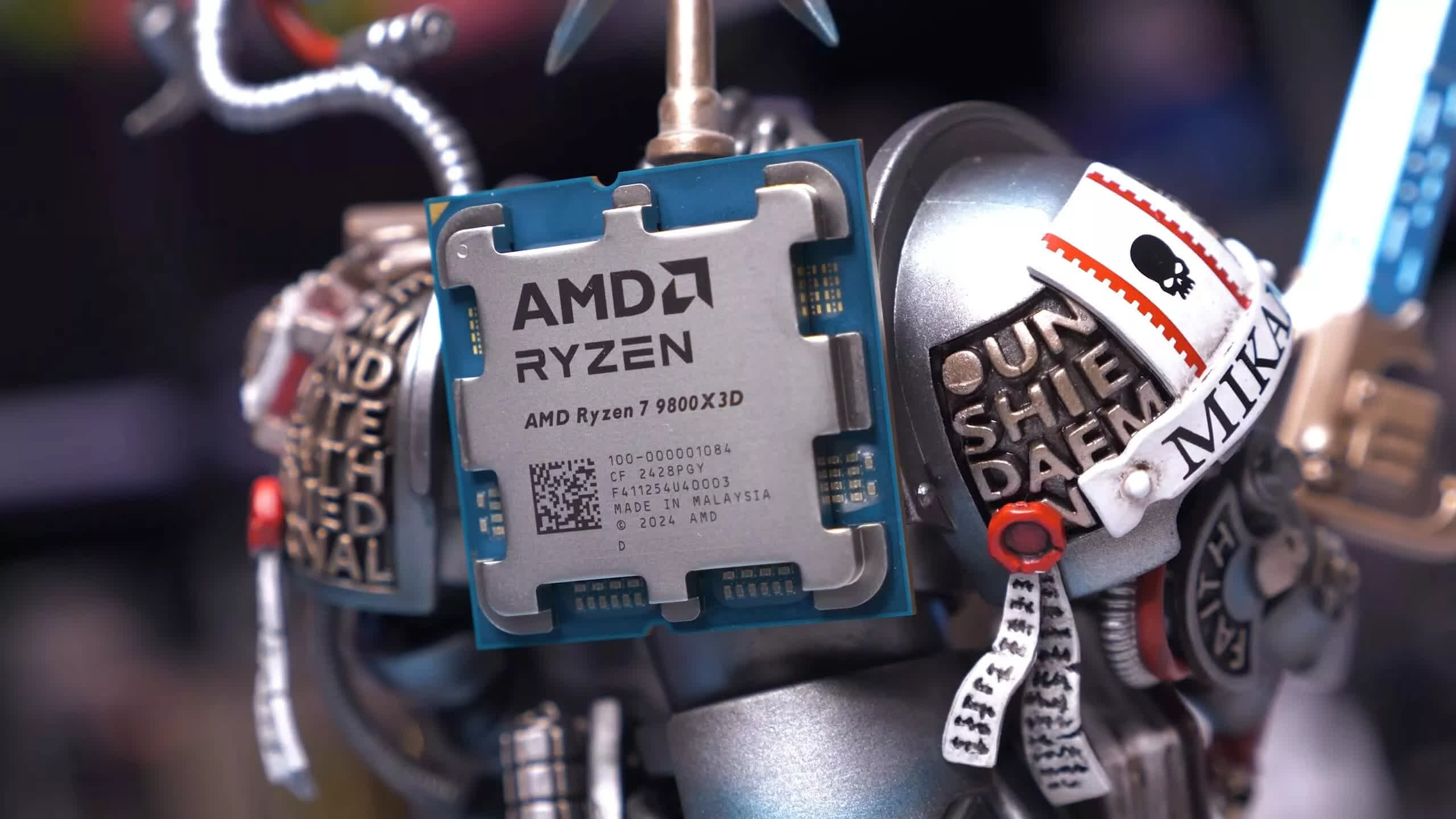
The only downside to the 9800X3D at present is availability. Ever since its release, it has been difficult to find in stock. We’ve managed to purchase a few units at the recommended retail price of $480, but due to high demand, retailers are having trouble keeping them in stock.
That said, availability will improve over time, so this issue is likely short-term. If you can find the 9800X3D at the $480 MSRP, it’s an excellent deal, especially considering that the 14900K still costs around $450. However, the 7800X3D appears to have virtually disappeared, with no availability for over a month now.
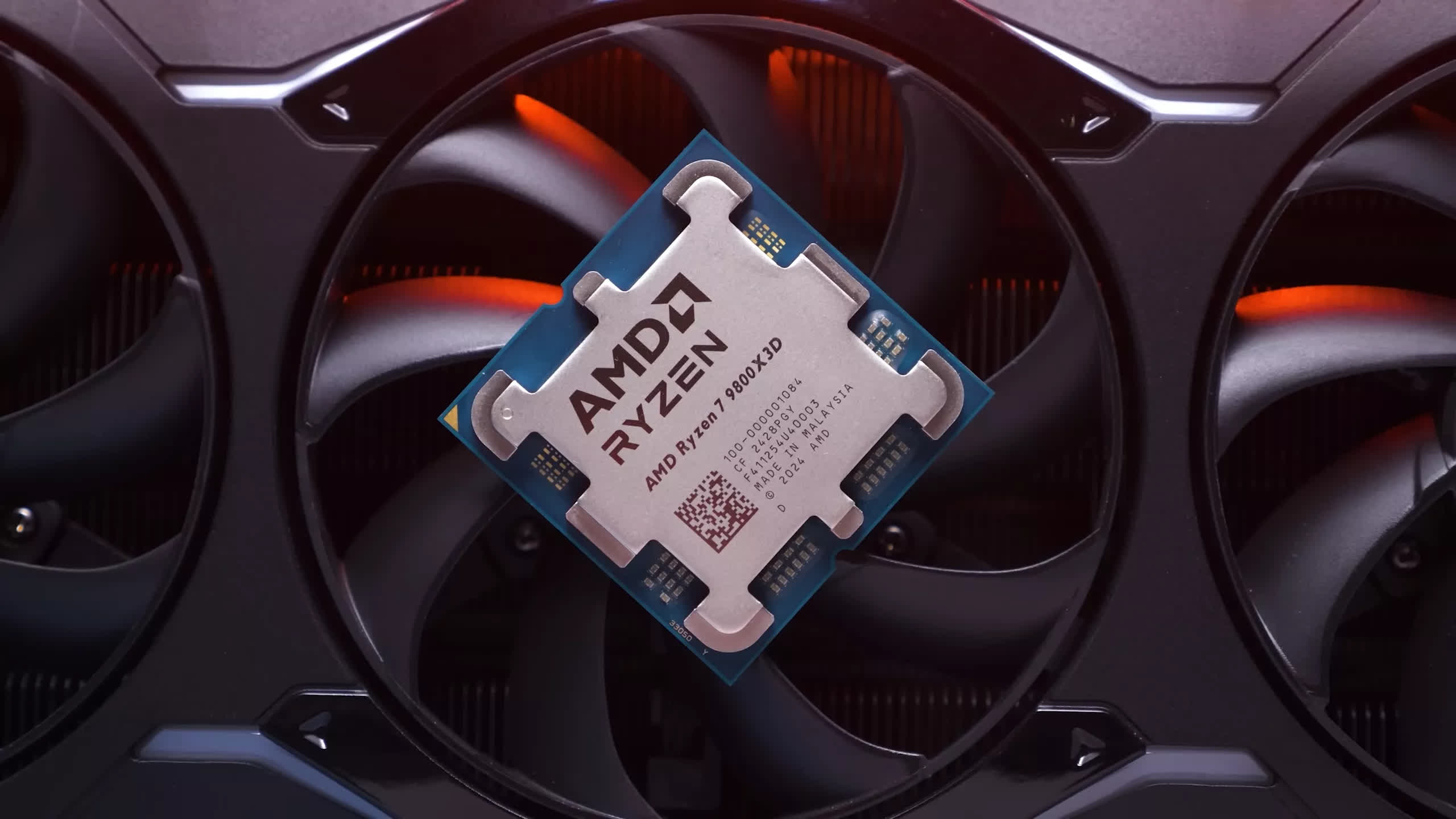
In terms of gaming performance, there isn’t much left to analyze – the 9800X3D is worlds faster than the 285K and significantly faster than the 14900K.
For those already using the 7800X3D, upgrading to the 9800X3D isn’t worth it for the majority of users, unless absolute peak performance is a necessity. Realistically, much more affordable processors, such as the Ryzen 7 7700, are sufficient for most modern gaming needs.
